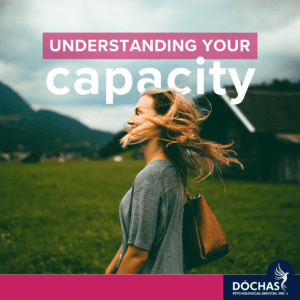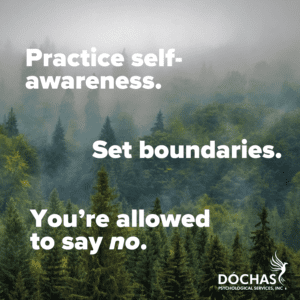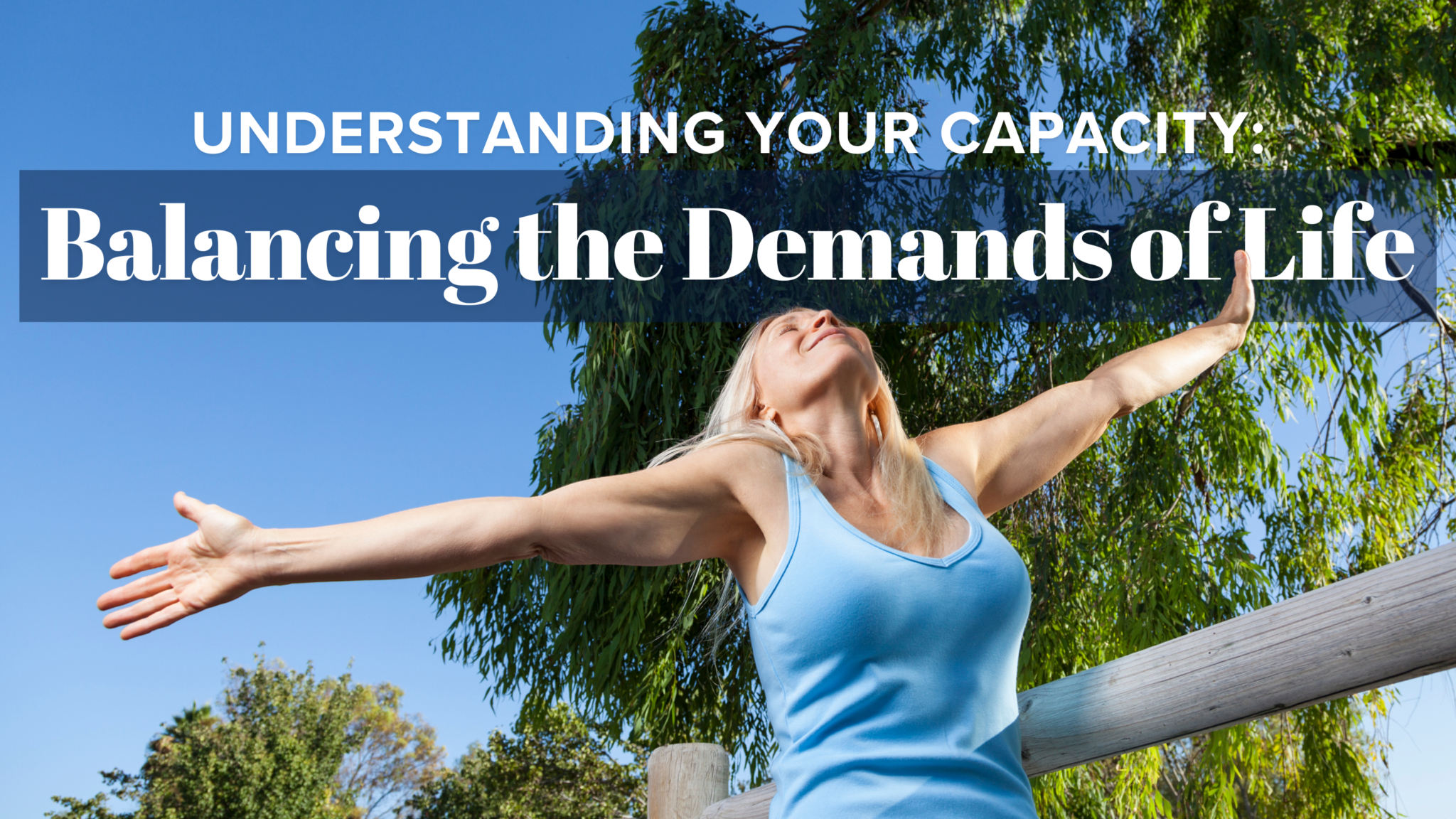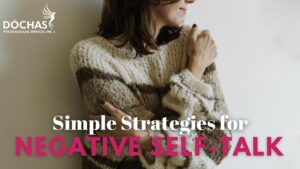Being human is tough. As adults, it’s easy to look back and think life was simpler when we were kids or teenagers. But the reality is, it wasn’t. Back then, we were learning the rules of society, figuring out our bodies, and understanding ourselves. All of that took up a lot of mental and emotional capacity.
Now, as adults, much of our energy goes into managing the tangible aspects of life like work, bills, household chores, and taking care of kids or pets. Unfortunately, this often means we neglect our emotional and mental states.
It’s Rachael on the blog and I want to explore the concept of “capacity” – a term that has helped me to better understand the importance of self-care and staying in our window of tolerance.

What is “Capacity”?
When I talk about capacity, I’m referring to our ability to think, feel, and function. It’s like our internal battery or energy levels. Capacity encompasses what we have to give – to ourselves, to others, and to our obligations.
Many of us don’t have a lot of spare capacity – our battery is running on empty (or close to it), resulting in us pushing ourselves beyond what we can handle or being greatly impacted when another stressor gets added to our plate. While we may be able to do this for short periods of time, it can lead to feelings of stress, exhaustion and other negative physical symptoms. When we do this for too long, it can lead to burn out.
Why Do We End Up in a Capacity Deficit?
Life has a way of sneaking up on us. Social obligations, home care, self-care—these things pile up, and before we know it, we’re overloaded. We focus so much on taking care of the physical aspects of life that we ignore what’s going on mentally or emotionally. This constant drain on our capacity can lead to blow-ups or shutdowns because we’re not paying attention to the warning signs.
If you’re dealing with trauma or mental health disorder, your capacity may be less than it used to be, and that’s okay too. It doesn’t make you any less of a person. Your capacity is just being used in different ways – perhaps more for emotional and mental processing than routine physical tasks, making it harder to manage life’s demands.
How To Manage Your Own Capacity

1. Practice self-awareness. You need to be aware of what’s going on in your body – physically, mentally, and emotionally. Recognizing when you are reaching your limits is crucial to staying within your capacity.
2. Once you are self-aware, you can start setting boundaries. It’s okay to say no to people. It’s okay to take shortcuts or even to do nothing at all. Stepping back from the demands of life, to focus on taking care of yourself, will give you more energy to draw from to take care of the demands of life.
3. Practice self-care, engage in activities that help recharge your capacity. Work on developing habits that help reduce your stress and help promote your health.
4. Reach out and ask for help. If you find that you often don’t have a lot of capacity to spare, it may be a good idea to reach out to someone for help.
Final Thoughts
Capacity involves so many domains of our existence, yet we often focus only on how productive we are in the physical world.
True well-being comes from balancing all aspects of our lives. It’s okay to shut down when needed. It’s okay to say no. Success isn’t just about how clean our house is or how nice our car looks – it’s about taking care of ourselves in every way that matters.
We’re here to support you. Please reach out to Dóchas at 780-446-0300 or info@dochaspsych.com.
About Dóchas Psychological
Dóchas Psychological Services is a well-established and trusted therapy clinic located in Spruce Grove, Alberta. At Dóchas we value the idea that everyone deserves a safe space. Through connection and education, our team works hard to build a trustworthy relationship with each of our clients. It is our goal to create a community for our clients to feel like they belong.
Disclaimer
Information provided through Dóchas Psychological Services blogs or vlogs is meant for educational purposes only. They are NOT medical or mental health advice. You can read more about our disclaimer here.









